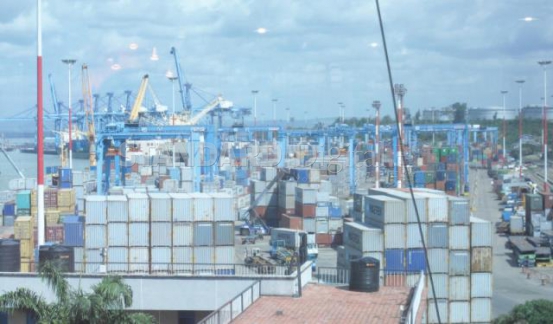×
The Standard e-Paper
Kenya’s Boldest Voice

The expansion of the Port of Mombasa is facing headwinds after Japan, the main financier, raised concerns over delays on part of Government in processing a loan agreement entered in March this year.
Japan International Cooperation Agency (Jica), which coordinates official development assistance, also fears the Government plans to disregard an agreement on the construction of phase two of the project.